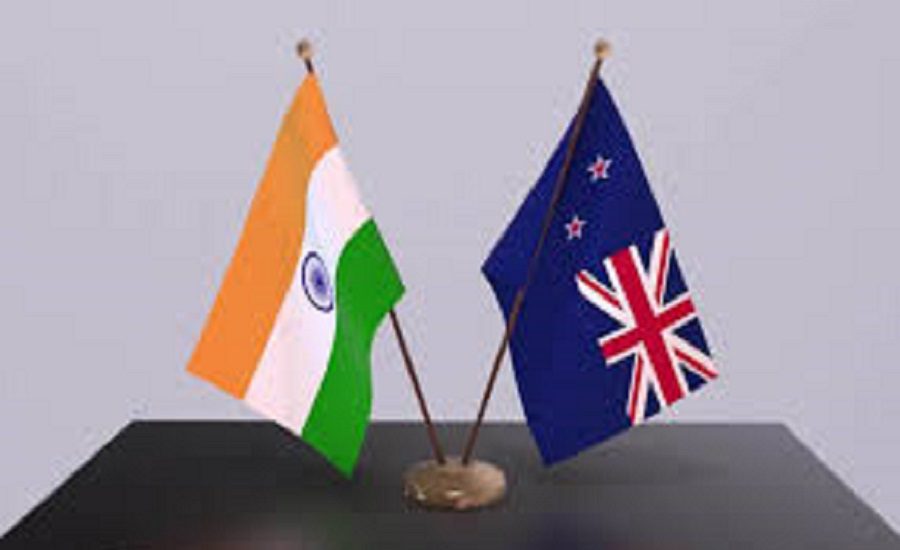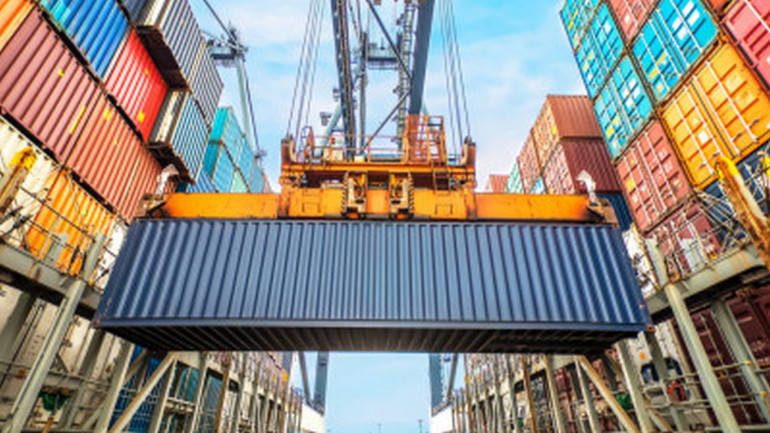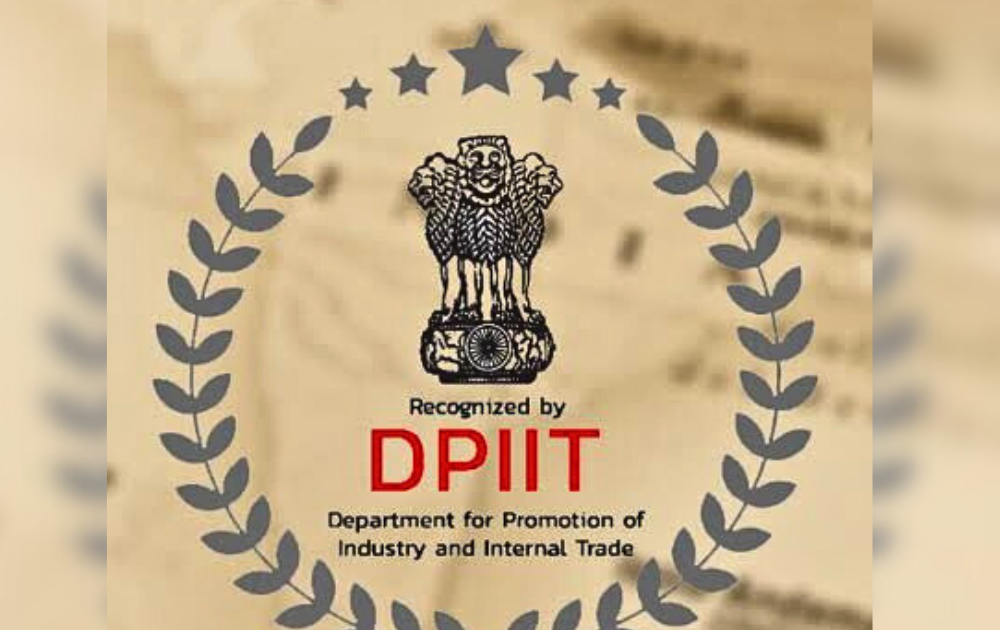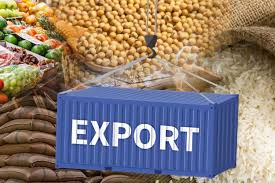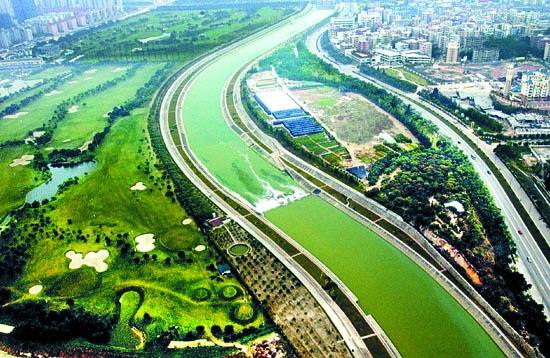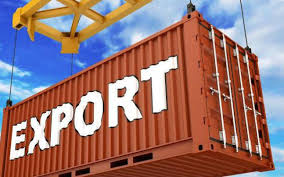The Government of India has implemented various measures to curb the import of substandard goods in Indian markets. To protect the domestic industry from the adverse impact of cheaper imports, the Directorate General of Trade Remedies (DGTR), an attached office of Department of Commerce, conducts various investigations (anti-dumping/safeguard (quantitative restrictions)/ countervailing) under the Customs Tariff Act, 1975 and the rules made thereunder on the basis of duly substantiated petition filed by the domestic industry. The Authority at DGTR examines applications filed by the domestic industry and evaluates responses received from importers, exporters and other interested parties in accordance with the provisions of the Customs Tariff Act, 1975. Based on this examination, the DGTR submits its recommendations to the Ministry of Finance for final consideration.
In the current F.Y. 2024-2025 (upto February, 2025), a total of 206 cases against import of substandard goods violating IPR, BIS and FSSAI norms, valued at Rs.206.62 crore, have been booked by Directorate of Revenue Intelligence and Customs field formations under Customs Act, 1962.
Directorate of Revenue Intelligence and Customs field formations under CBIC keep constant vigil to check import of substandard goods into India. On the detection of such cases, action is taken in accordance with Customs Act, 1962 & other Allied Acts. Further, the Indian Customs Risk Management System (RMS) implements the policies of risk-based selective examination and testing based on the selectivity criteria of the respective regulatory agency, thereby thwarting the attempts of import of substandard goods.
Further, Section 25 of Food Safety and Standards Act, 2006 and Food Safety and Standards (Import) Regulations, 2017 regulates the import of food articles into the country. The clearance or No Objection Certificate(NOC) issued by the FSSAI is subject to scrutiny of documents, visual inspection, sampling and testing, in order to determine whether or not they conform to the safety and quality standards.
In addition to the above, with a view to protect its domestic producers and consumers, India has an elaborate and robust legal framework and institutional set up to protect environment, life and health of its people, plants and animals. Adequate provisions exist under the Foreign Trade 2 Policy to protect the Indian consumers and producers as imported goods are subject to domestic laws, rules, orders, regulations, technical specifications, environmental and safety norms. The BIS standards applicable to domestic goods are also applicable to imported goods. Besides, imports of plant & plant-based products are subject to Plant Quarantine measures and sanitary & phyto-sanitary measures, imports of animal & animal-based products are subject to sanitary import permits and imports of food/edible items are subject to FSSAl standards.
This information was given by the Minister of State for Ministry of Commerce & Industry, Shri Jitin Prasada, in a written reply in the Lok Sabha
 Indian Industry Plus A Pratisrutiplus Suppliment
Indian Industry Plus A Pratisrutiplus Suppliment











